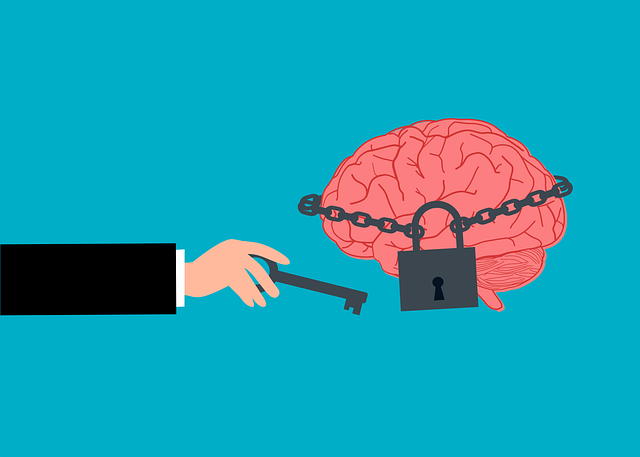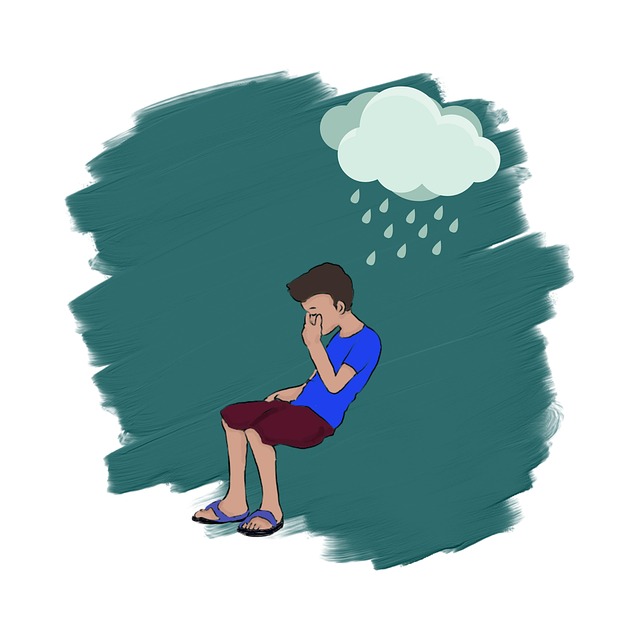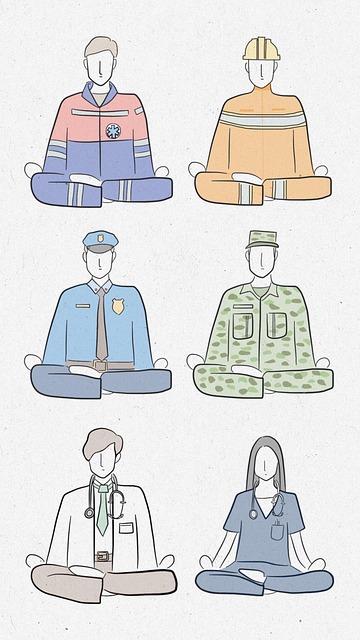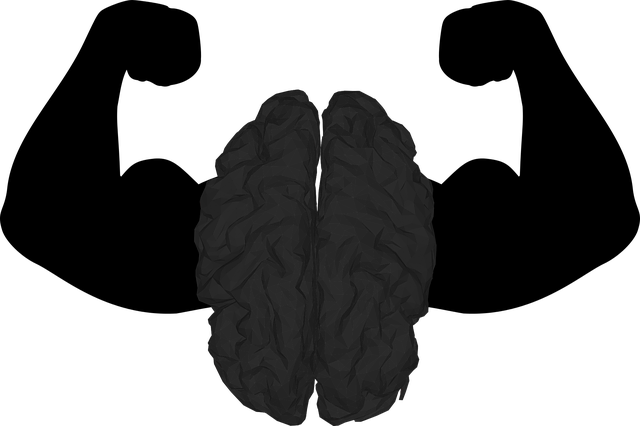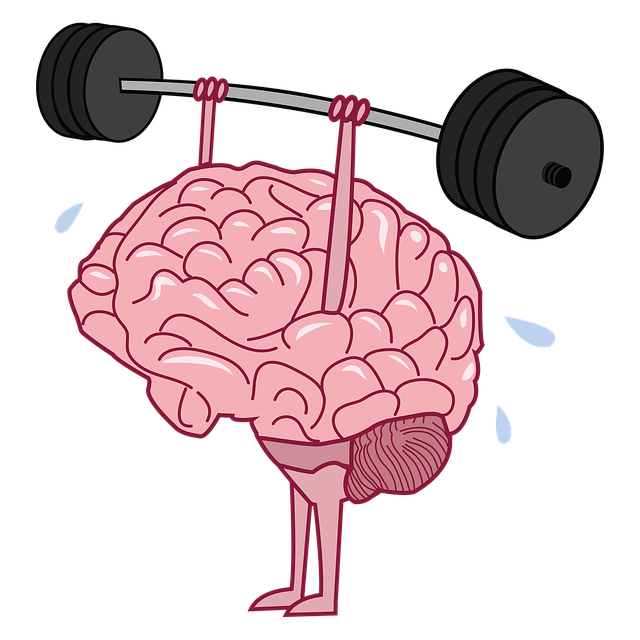Wheat Ridge First Responders Therapy (WRFRT) leads in community outreach by fostering mental wellness among healthcare providers and first responders through tailored programs. Their initiatives focus on conflict resolution, empathy building, and burnout prevention, creating supportive environments for sharing resources and addressing needs. WRFRT's success lies in offering secure spaces for self-reflection, journaling exercises, and stress reduction methods, promoting resilience in high-pressure professions. Through partnerships with local organizations, they expand access to expertise and diverse community needs, ensuring their programs remain relevant and effective. Continuous improvement is driven by defined objectives, feedback collection, and Social Skills Training integration, enhancing WRFRT's impact on community well-being and social cohesion.
Community outreach programs play a pivotal role in fostering strong, resilient communities. This article delves into the multifaceted world of these initiatives, exploring their benefits and strategic goals through the lens of a successful case study—Wheat Ridge First Responders Therapy. We’ll navigate planning, partnership-building, and measurement techniques to ensure maximum impact. By examining these components, we aim to inspire and guide communities toward enhancing well-being through targeted outreach strategies.
- Understanding Community Outreach Programs: Benefits and Goals
- Wheat Ridge First Responders Therapy: A Case Study
- Planning Effective Outreach Strategies for Maximum Impact
- Building Partnerships: Collaborating with Local Organizations
- Measuring Success and Continuous Improvement in Community Outreach
Understanding Community Outreach Programs: Benefits and Goals

Community outreach programs are vital initiatives that foster connections between organizations and their surrounding communities. These programs aim to create a supportive environment where resources can be shared, and needs can be addressed. For instance, Wheat Ridge First Responders Therapy is a prime example of an organization prioritizing community engagement by offering specialized services tailored to first responders’ unique challenges.
The benefits of such outreach are multifaceted. They promote conflict resolution techniques and empathy building strategies, which are essential in fostering understanding and resolving tensions within the community. Additionally, they contribute to burnout prevention, ensuring that community leaders and volunteers remain resilient and dedicated. By implementing these programs, organizations like Wheat Ridge First Responders Therapy can enhance overall well-being and strengthen the social fabric of their community.
Wheat Ridge First Responders Therapy: A Case Study

Wheat Ridge First Responders Therapy (WRFRT) stands as a compelling example of a successful community outreach program focused on mental wellness. This initiative aims to provide burnout prevention strategies for healthcare providers and support first responders, addressing their unique challenges. WRFRT offers a range of services, including mental wellness journaling exercises tailored to help individuals process trauma and stress effectively.
Through regular sessions, they foster an environment where first responders can openly discuss their experiences, receive guidance on managing emotional demands, and learn coping mechanisms to maintain mental balance. The program’s success lies in its ability to reach out to those often overlooked, offering a safe space for self-reflection and nurturing resilience amidst the demanding nature of their professions.
Planning Effective Outreach Strategies for Maximum Impact

Effective community outreach strategies are essential for organizations like Wheat Ridge First Responders Therapy to maximize their impact and create lasting change. Planning should begin with a thorough understanding of the target audience—in this case, individuals facing mental health challenges or healthcare providers at risk of burnout. Tailoring messages and activities to resonate with specific needs ensures engagement and fosters positive thinking.
Consider incorporating Burnout Prevention Strategies for Healthcare Providers and Stress Reduction Methods into program designs to cater to the unique pressures these groups face. By offering therapeutic services and educational resources, organizations can empower individuals to cope effectively while promoting a culture of resilience within the healthcare community.
Building Partnerships: Collaborating with Local Organizations

Building strong partnerships with local organizations is a cornerstone of successful community outreach programs, especially when aiming to provide mental health services like those offered by Wheat Ridge First Responders Therapy. Collaborating with schools, community centers, religious groups, and other non-profits allows for broader access to resources and expertise. By partnering with healthcare providers known for their cultural competency training, these initiatives can better cater to the diverse needs of the community, fostering a more inclusive environment where positive thinking and social skills training become integral parts of overall well-being. Such collaborations ensure that outreach efforts reach those who need them most, creating a supportive network that enhances the mental health and resilience of community members.
Measuring Success and Continuous Improvement in Community Outreach

Measuring success and fostering continuous improvement are vital components of any Community Outreach program, including those offered by Wheat Ridge First Responders Therapy. To gauge impact, it’s essential to define clear objectives aligned with the community’s needs. Metrics could include tracking the number of individuals accessing Trauma Support Services, evaluating client satisfaction through surveys, or measuring the success rate of Stress Reduction Methods implemented.
Regularly collecting feedback from participants and stakeholders helps identify areas for enhancement. By incorporating Social Skills Training into their outreach initiatives, organizations can ensure programs remain relevant and effective. This iterative process allows for adjustments to be made, ensuring the outreach program evolves to better serve its intended community.
Community outreach programs, as exemplified by the successful Wheat Ridge First Responders Therapy initiative, play a pivotal role in fostering community resilience. By implementing well-planned strategies and building partnerships with local organizations, these programs can significantly enhance access to support services. Measuring success and continuously improving based on outcomes ensures that communities receive the best possible care. Embracing such initiatives not only improves individual lives but also strengthens the social fabric, making communities more resilient and prepared to face challenges together.
